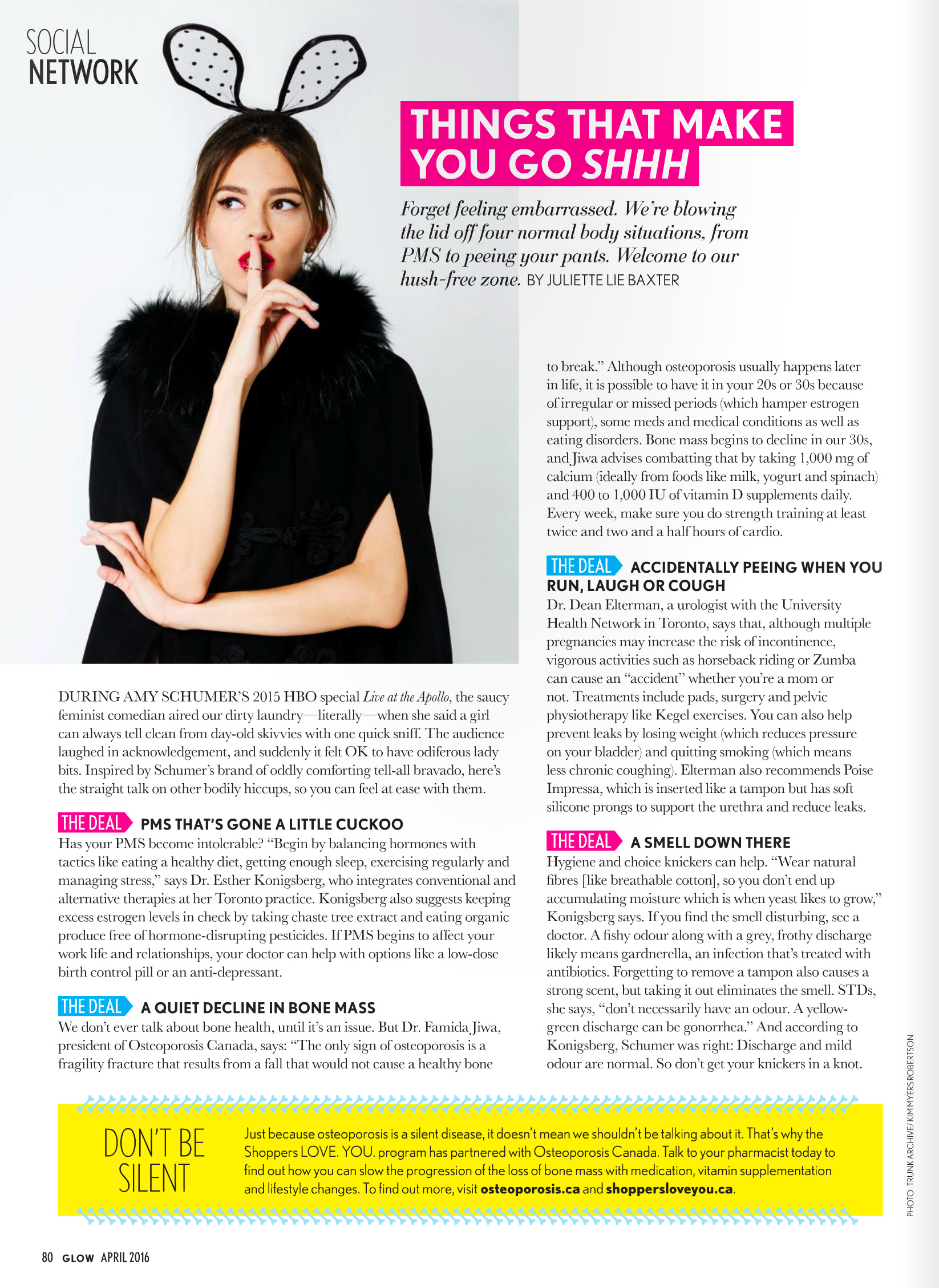
The once very private topic of post-menopausal vaginal atrophy is having a moment.
Women of a certain age are asking their doctors to treat dryness, painful intercourse and incontinence at the same time makers of prescription medicines, over-the-counter moisturizers and even specialized vaginal lasers are being aggressively marketed…
The other laser approved to treat GSM in Canada is the Fotona Dynamis which is also used for facial treatments. There are 14 machines in B.C. — seven in Metro Vancouver, according to its distributor — which can be used to perform procedures marketed as IncontiLase and IntimaLase, mostly in medi-spas.
Toronto urologist Dr. Dean Elterman is using it (Intimalase) in his practise to treat incontinence and GSM and says it’s important for women to be examined by a specialist before turning to laser therapy.
“Do they have stress incontinence, do they have atrophy, does something look abnormal like a cancer? A trained eye who’s doing the assessment as well as the treatment is important, I think,” Elterman said in a phone interview.
Full article: http://vancouversun.com/health/sexual-health/vaginal-rejuvenation-a-reality-check-on-the-latest-baby-boomer-health-trend





